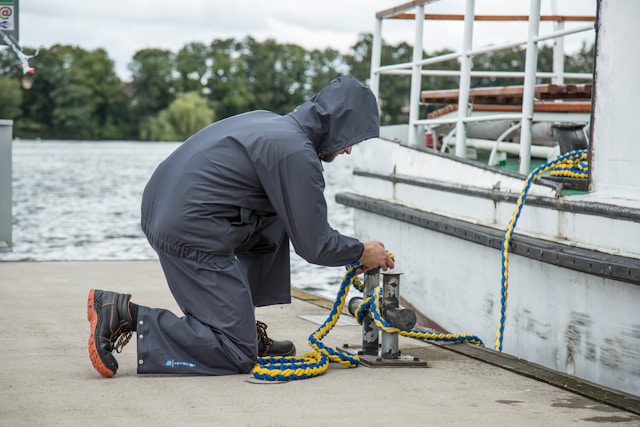The Importance of Waterproofing in Construction: Protecting Your Investment

When it comes to construction, one of the most crucial yet often overlooked aspects is waterproofing. Whether you're working on a residential, commercial, or industrial project, ensuring that your structure is adequately protected from water damage is essential. Waterproofing plays a pivotal role in maintaining the integrity and longevity of buildings, safeguarding them from the detrimental effects of water infiltration.
1. Prolonging the Lifespan of Structures
Water is one of the most destructive elements for any building. When water seeps into the structure, it can cause a myriad of problems, including corrosion of metal components, weakening of concrete, and rotting of wood. Over time, these issues can lead to significant structural damage, compromising the safety and stability of the building. Proper waterproofing acts as a barrier, preventing water from penetrating the structure and thereby extending its lifespan.
2. Preventing Mold and Mildew Growth
Water infiltration creates a moist environment that is conducive to the growth of mold and mildew. These fungi not only cause unpleasant odors and unsightly stains but also pose serious health risks to occupants. Mold spores can trigger allergic reactions, respiratory issues, and other health problems. By investing in effective waterproofing, you can prevent the growth of mold and mildew, ensuring a healthier living or working environment.
3. Protecting Property Value
A well-maintained building that is free from water damage retains its value over time. On the other hand, water-related issues can significantly reduce the value of a property. Potential buyers or tenants are likely to shy away from buildings that show signs of water damage, such as damp walls, peeling paint, or water stains. By implementing proper waterproofing measures, you not only protect the structure but also preserve its market value.
4. Enhancing Energy Efficiency
Waterproofing can also contribute to the energy efficiency of a building. When water infiltrates a structure, it can compromise insulation, leading to increased energy consumption for heating and cooling. This not only results in higher utility bills but also puts a strain on the building's HVAC system. By keeping moisture out, waterproofing helps maintain the effectiveness of insulation, reducing energy costs and promoting a more sustainable environment.
5. Preventing Costly Repairs
Ignoring waterproofing can lead to costly repairs in the long run. Water damage often requires extensive remediation, including fixing structural issues, replacing damaged materials, and addressing mold infestations. These repairs can be time-consuming and expensive. Investing in waterproofing from the outset is a proactive approach that can save you significant money and hassle down the road.
6. Ensuring Compliance with Building Codes
In many regions, waterproofing is a requirement under local building codes and regulations. Non-compliance can lead to fines, legal issues, and even the need to redo construction work. By adhering to these regulations through proper waterproofing, you can avoid these complications and ensure that your building project proceeds smoothly.
Conclusion
Waterproofing is not just an optional add-on in construction; it is a necessity. It plays a critical role in protecting the structural integrity, health, and value of buildings. Whether you are building a new structure or renovating an existing one, incorporating high-quality waterproofing solutions is a wise investment that pays off in the long run.
At Ober India Chemicals, we specialize in providing top-tier waterproofing solutions that cater to the unique needs of your construction project. Our products are designed to offer long-lasting protection, ensuring that your investment remains secure for years to come.
Check our products